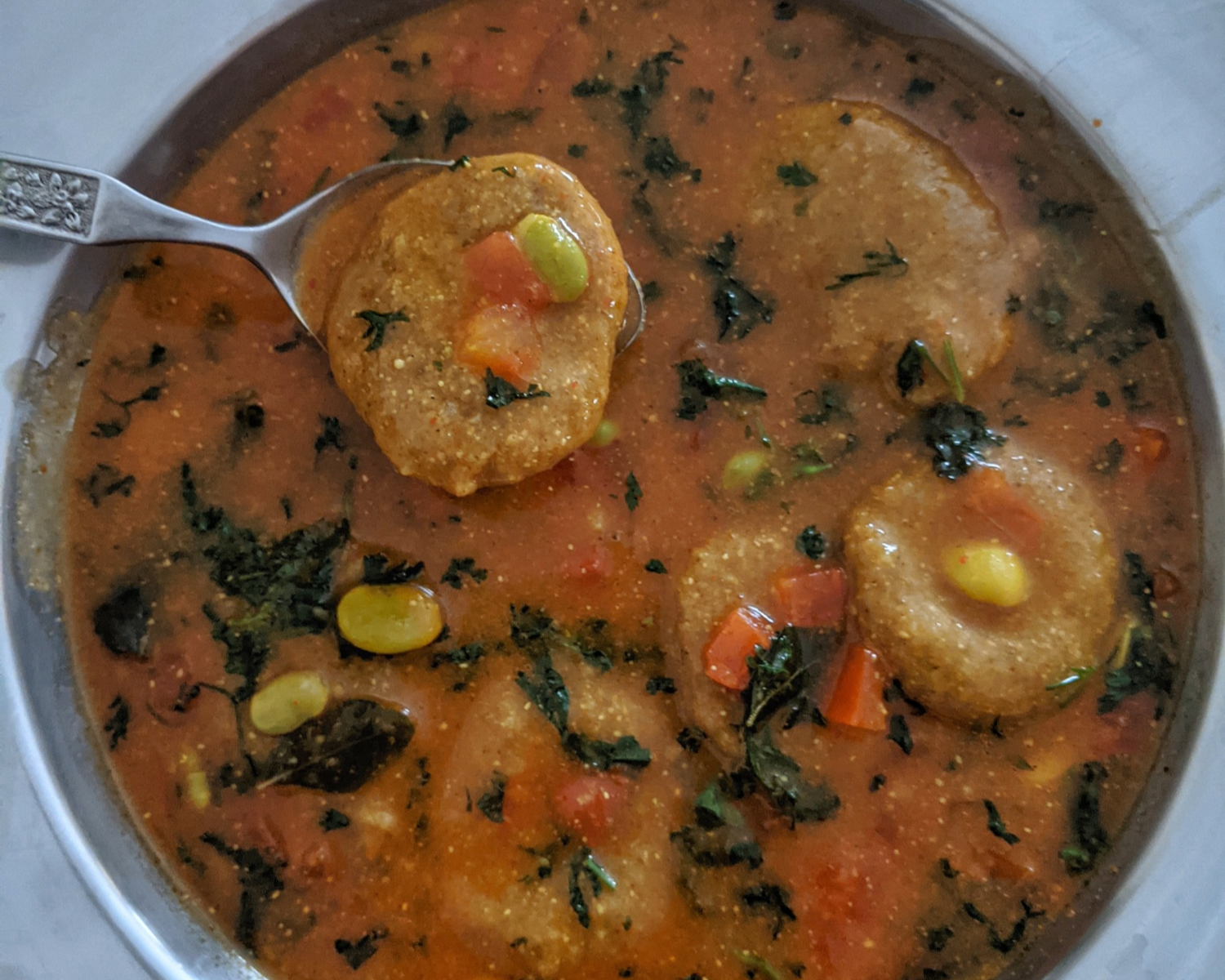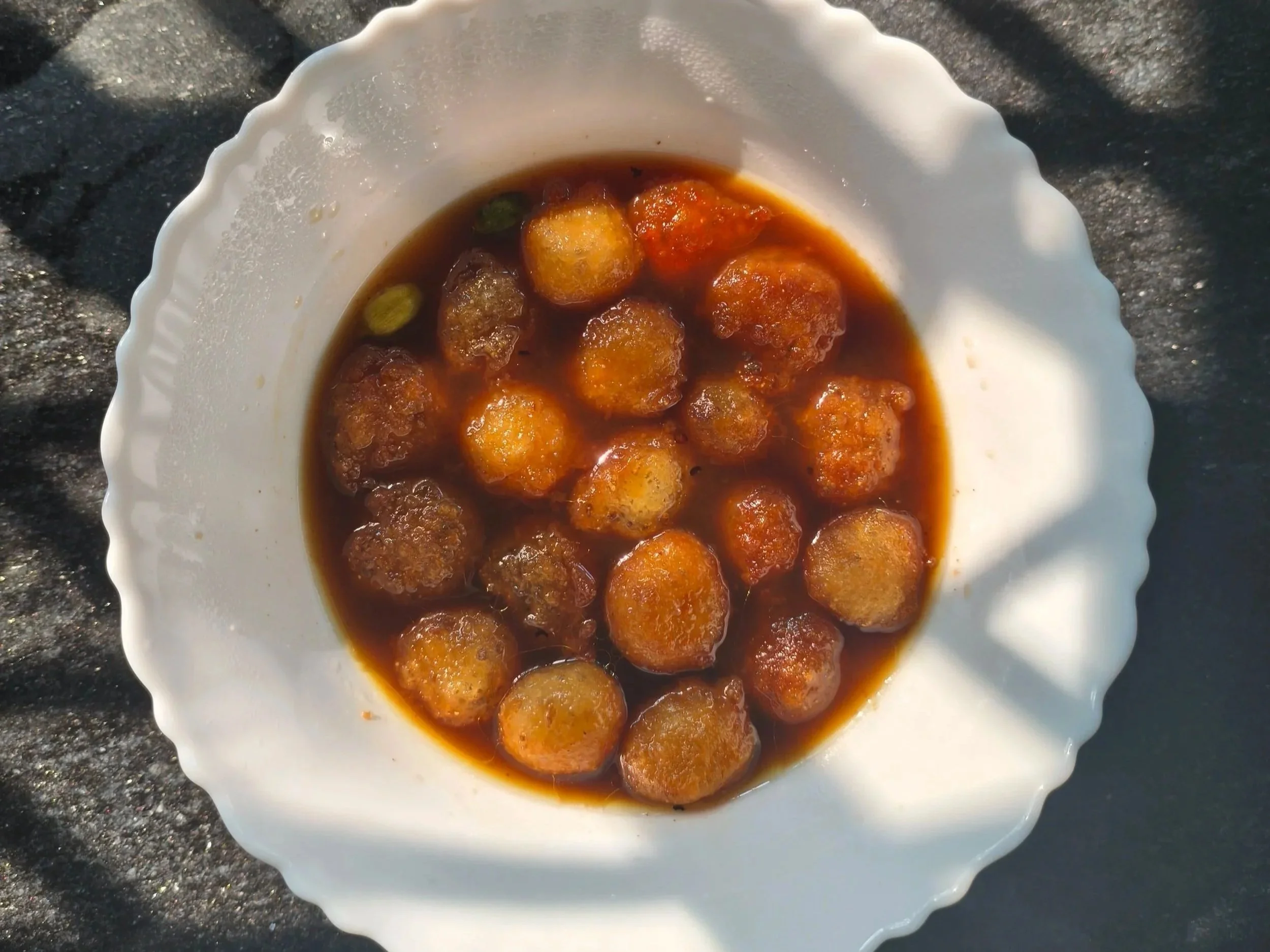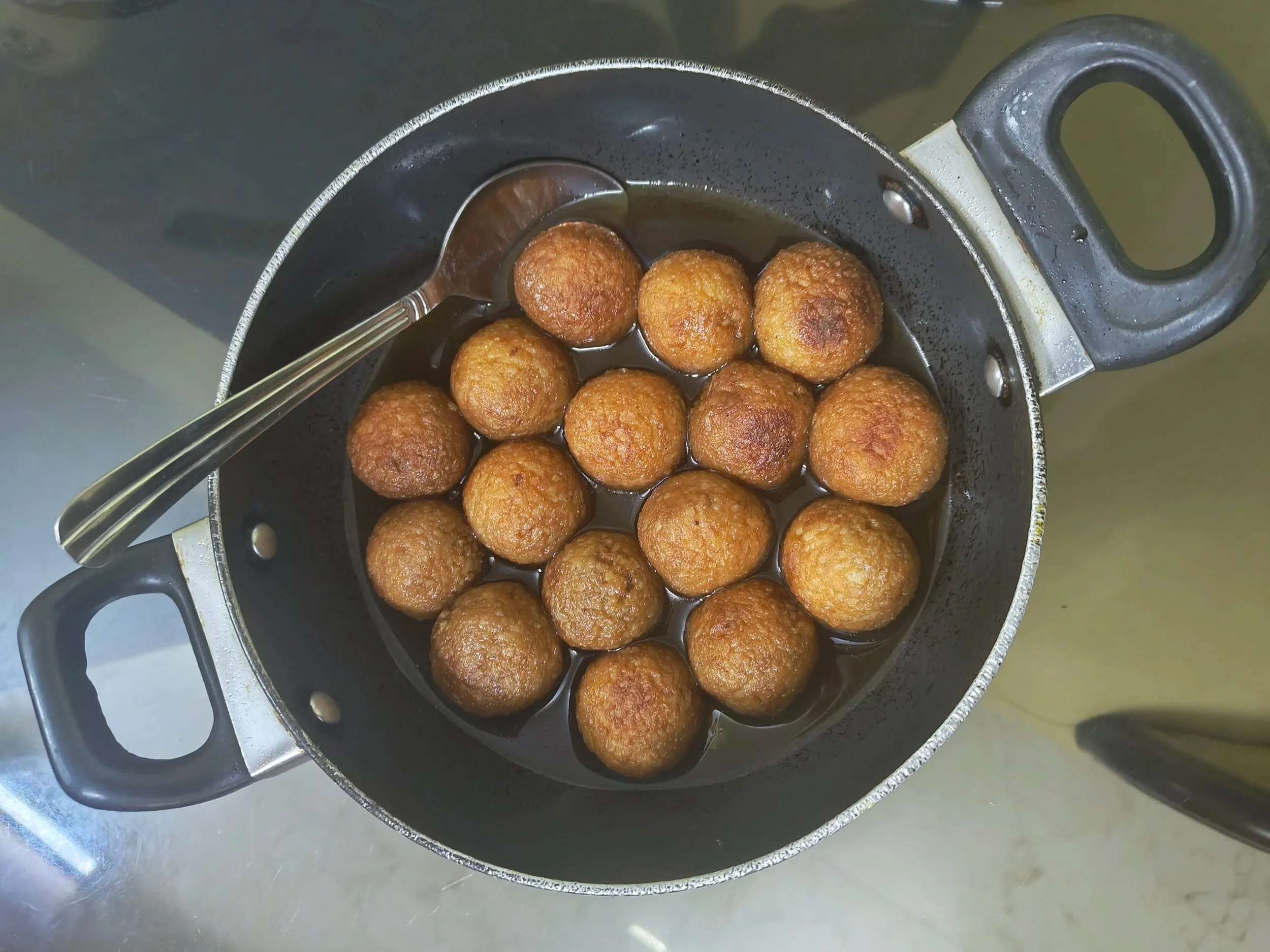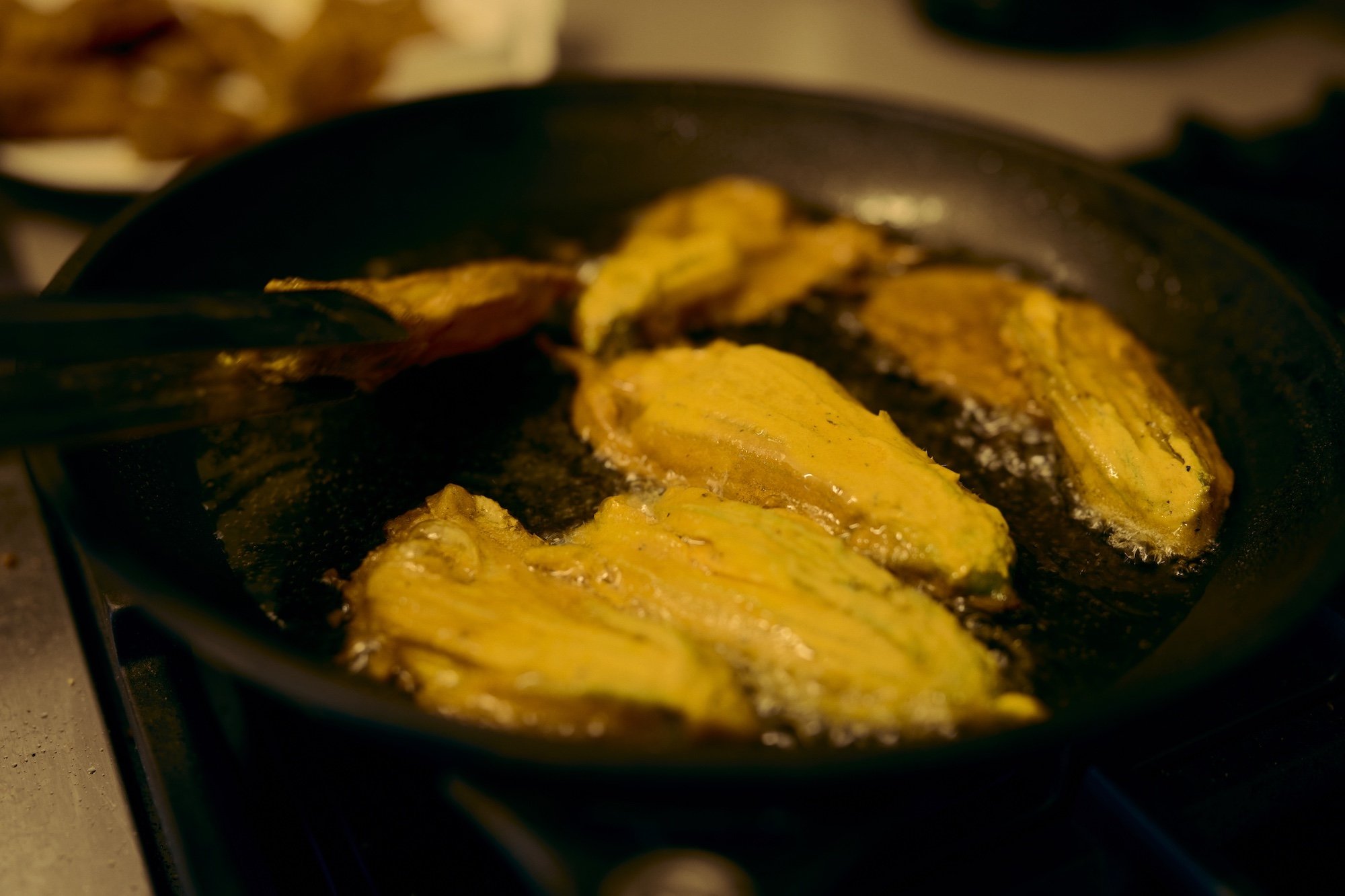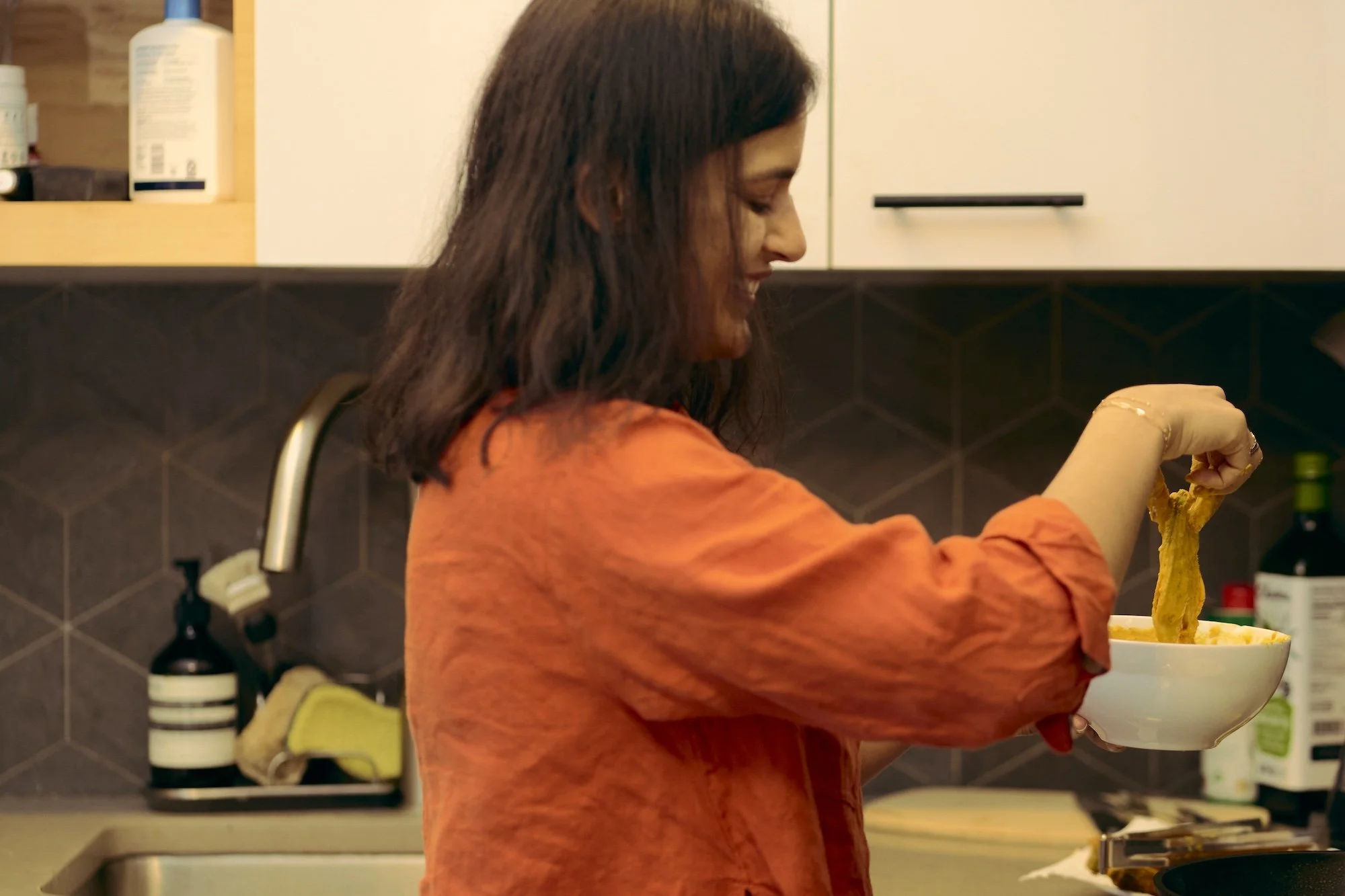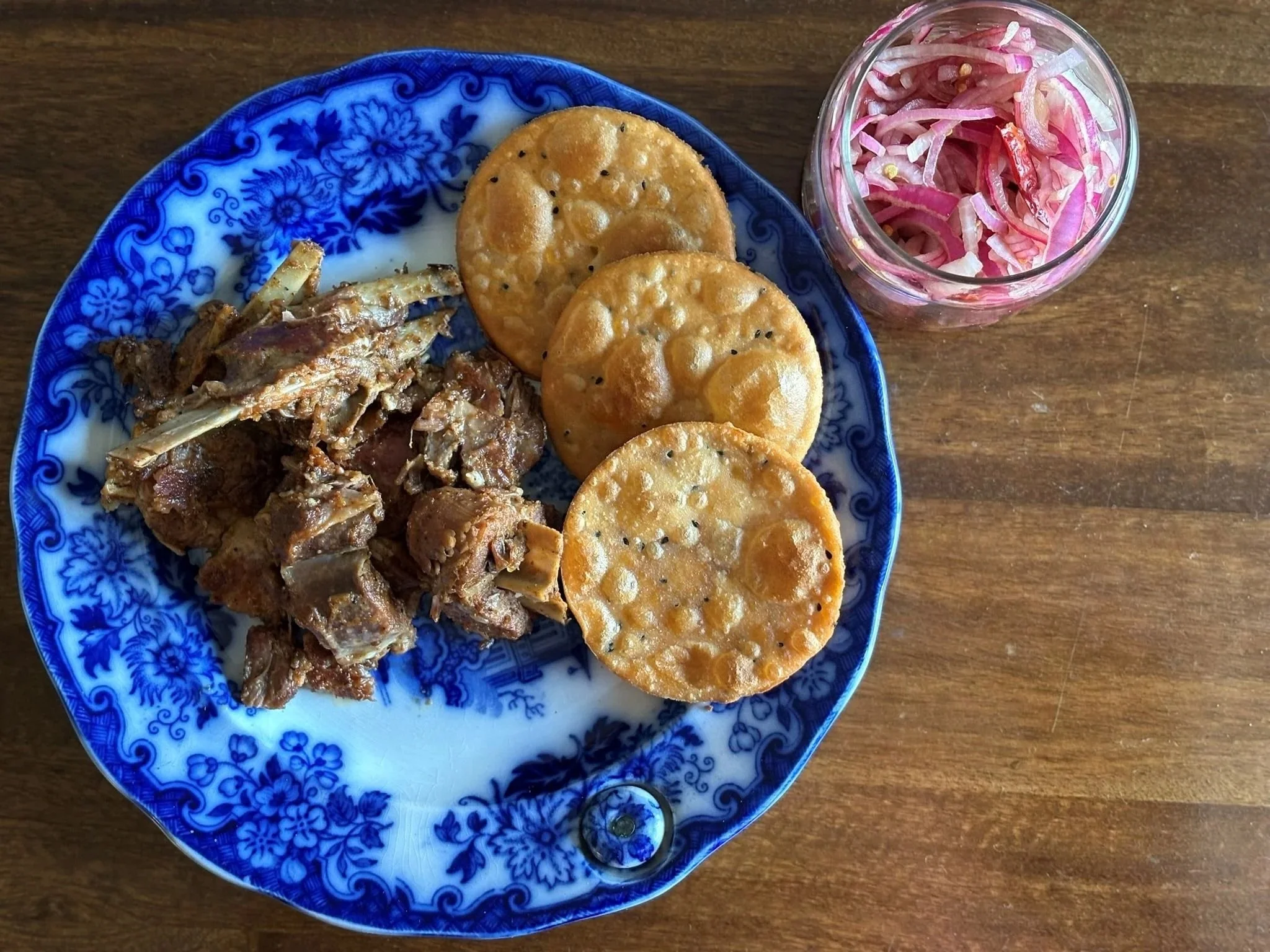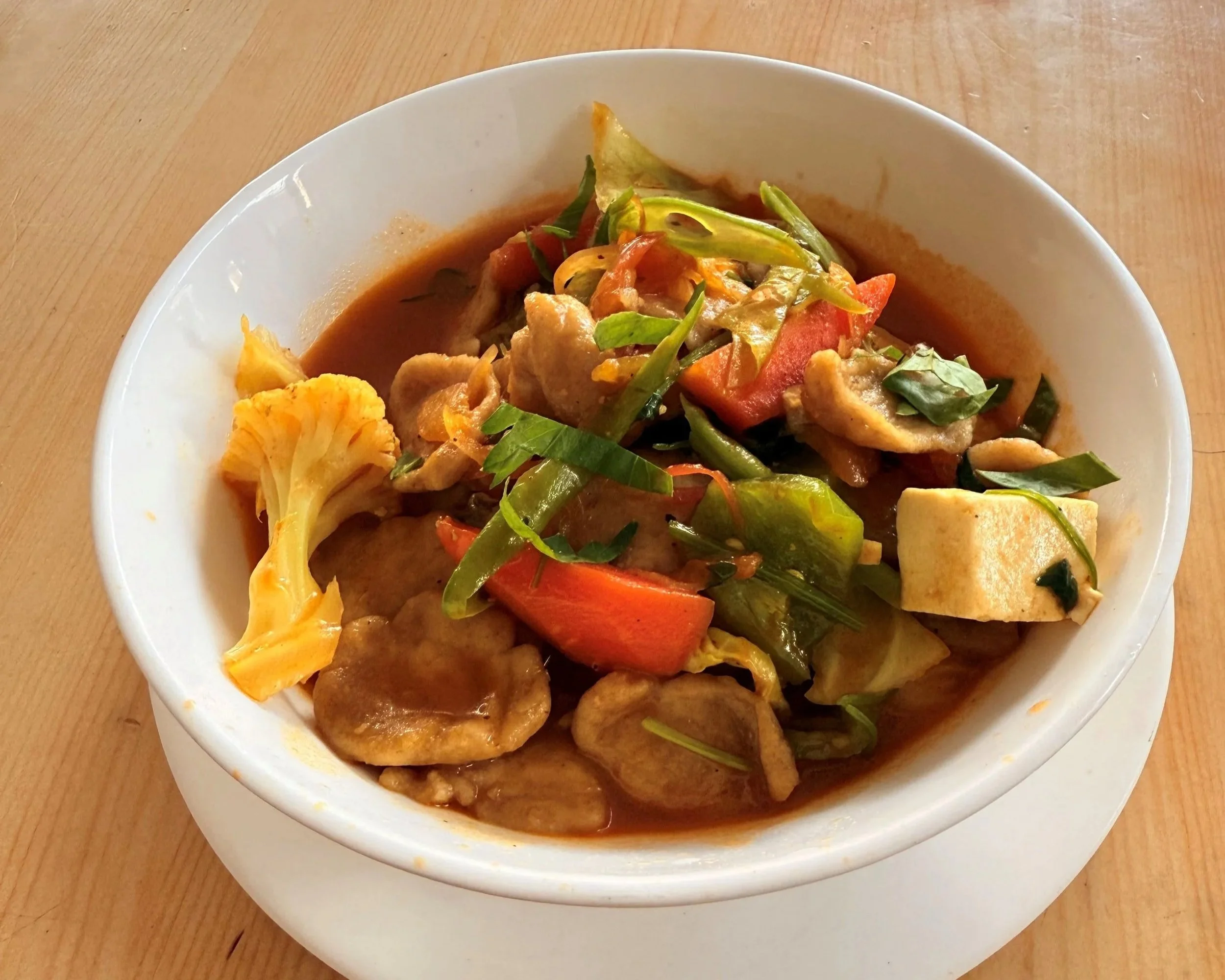Pursue Drinks, Perry Road Peru & Sonal Ved's New Book

A look at the industry’s biggest news and newsmakers over the last month.
There’s no doubt that food is political in India. More than 300 days of protest outside the national capital, over 600 farmer deaths, and the contentious Farm Bills have finally been repealed in parliament. The 2021 Global Hunger Index (GHI) placed Indian at 101 among the 116 countries assessed — they called the level of hunger in India ‘serious’. In Ahmedabad recently, four cities have made the decision to remove stalls selling non-vegetarian food from certain parts (including those near schools, colleges and religious places). This stigmatization of non-vegetarian food because it ‘hurts the sentiments’ of a majority community isn’t new to India and is steadily getting worse.
Beyond this disturbing news, there is some good happening in the culinary space in India. The KFC India Sahyog Program that provides entrepreneurial support to small businesses who’ve struggled during the pandemic rolled out its plan in Hyderabad (after successful missions in Delhi and Bengaluru). In Thanjavur, the Food Corporation of India launched a food museum telling the story of the evolution of agriculture, ancient grain and storage methods, food grade production and more.
Here’s a round-up of some of the highlights of F&B space in the last month.
Celebrating the earth, and beaches, in Goa
Everyone’s favourite holiday and WFH destination is seeing an influx of new restaurants and bars. The latest is SAZ on the Beach, the Goan chain of SAZ restaurants from Pass Code Hospitality, which has come up in Morjim. “It is a place where one can spend the entire day. Enjoy some beach time, eat some American food like lobster rolls, dim sums, pizzas, pastas and burgers, and maybe enjoy some live music,” says Managing Director, Rakshay Dhariwal.
In Anjuna, Sandeep Sreedharan, the chef at the modern coastal space Mahé will soon launch his new “earth-based” Elaa Café in December. “It is a mostly plant-based concept, which aims to be more inclusive and chemical-free and feature ethically procured ingredients like free range eggs and small local fish,” he says. Elaa will also offer tea, an “intense coffee programme”, and a bar (specialising in gin fare).
Guilt-free seltzers
The non-alcoholic beverage market is suddenly seeing a spurt of new brands. The latest is PURSUE, a hard seltzer. The soon to launch drink will be available in Goa & Pondicherry first, and will be bottled and marketed by Goa-based Mandovi Distilleries. These drinks will be made in a zero-discharge distillery in Goa.
The brand boasts of offering a ‘clean drink with less than 1% sugar and 5% alcohol content’. These come in four flavours: Mosambi and Mint, Strawberry and Rose, Peach and White Tea, and Mango and Chilli.
Guava delights
There’s a certain childish pleasure in eating a ripe guava, sprinkled with salt and some chilli powder. This nostalgia is what inspired The Bombay Canteen restaurant and Stranger & Sons to create a cocktail that bottles the experience. Their Perry Road Peru is a ‘single-batch, limited edition distilled cocktail’ (30% ABV, 750 ml) made using ripe guavas that are macerated for six hours and then distilled for another 18. They’ve launched it across India with They recommend drinking the final product over ice or topped up with tonic or soda in a highball, served with a spiced rim.
Cost: Rs 1999 (Goa), Rs 2999 (Maharashtra), Rs 3500 (Karnataka), Rs 4000 (Rajasthan)
Samosas and other Indian food stories
Did you know that one of Rabindranath Tagore’s favourite food experiment was a jackfruit yoghurt ‘fish’ curry? His kitchen was cuisine-agnostic and though a sparse eater, he liked unique food. In fact, Sonal Ved (content director at India Food Network, Tastemade India and the food editor at Vogue India) calls him a ‘top food influencer of his time’. This interesting nugget is part of Ved’s new book, Whose Samosa is it Anyway (Penguin Viking), which attempts to explore the origins of many Indian foods and understand the history of Indian cuisine. “I wanted to delve deeper into understanding Indian cuisine and a recipe book could only get me to a certain point. Beyond that, to understand the various layers that make Indian cuisine what it is today, is something that could only be unraveled by studying it academically. That’s why I moved from writing a cookbook to writing a narrative-led book,” she says.
Sattvik food on pilgrimage trains
The Sattvik Council of India has tied up with the IRCTC to promote vegetarian-friendly travel on train routes to religious destinations. The first train is likely to be Vande Bharat Express, the Delhi-Katra train whose last stop is the Vaishno Devi temple. Besides this, 18 other pilgrimage trains have been shortlisted too.
The ‘sattvik certified’ trains will feature only vegetarian and vegan food, and will ensure that utensils and other items are washed with certified vegetarian products. The certification will extend to IRCTC base kitchens, executive lounges, budget hotels, food plazas, and more.
Joanna Lobo is an independent journalist from Goa who enjoys writing about food, her Goan heritage, the freelance life, and other things that make her happy. Follow her on @thatdoggonelady.
ALSO ON THE GOYA JOURNAL



